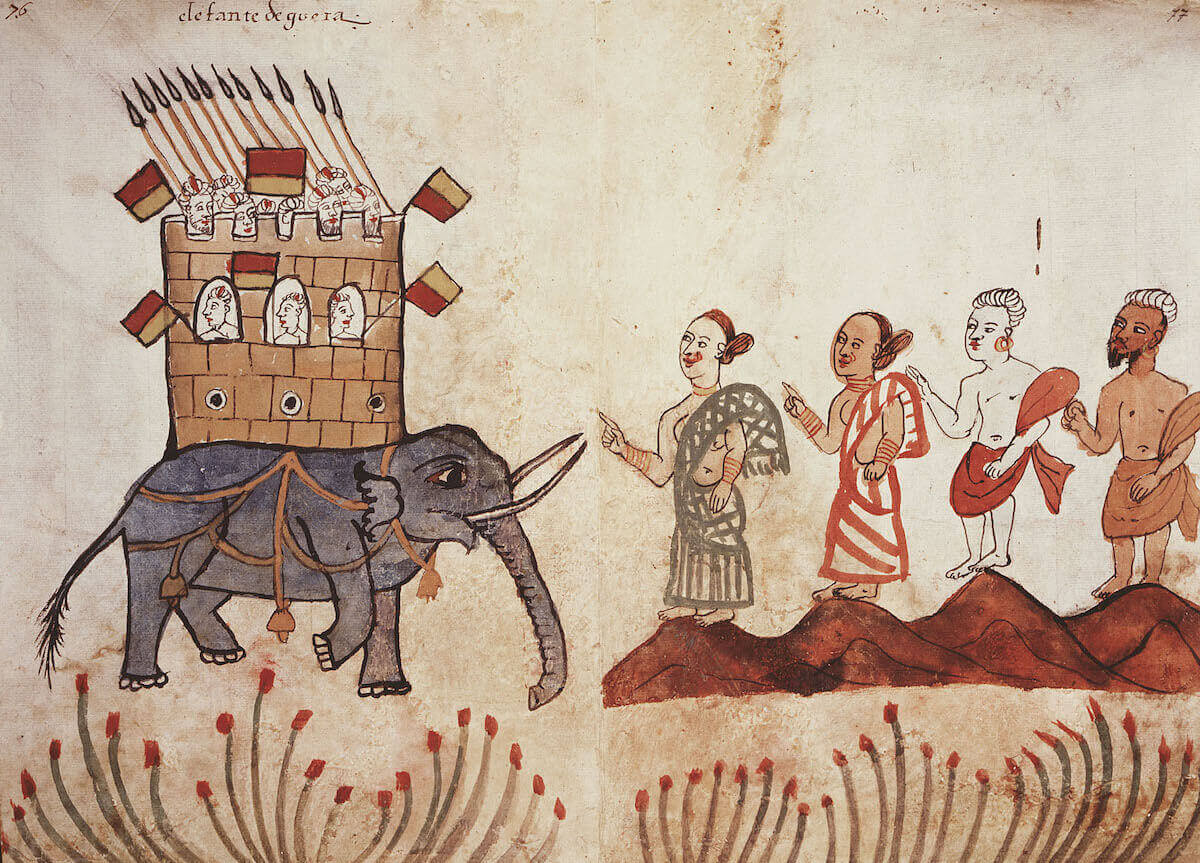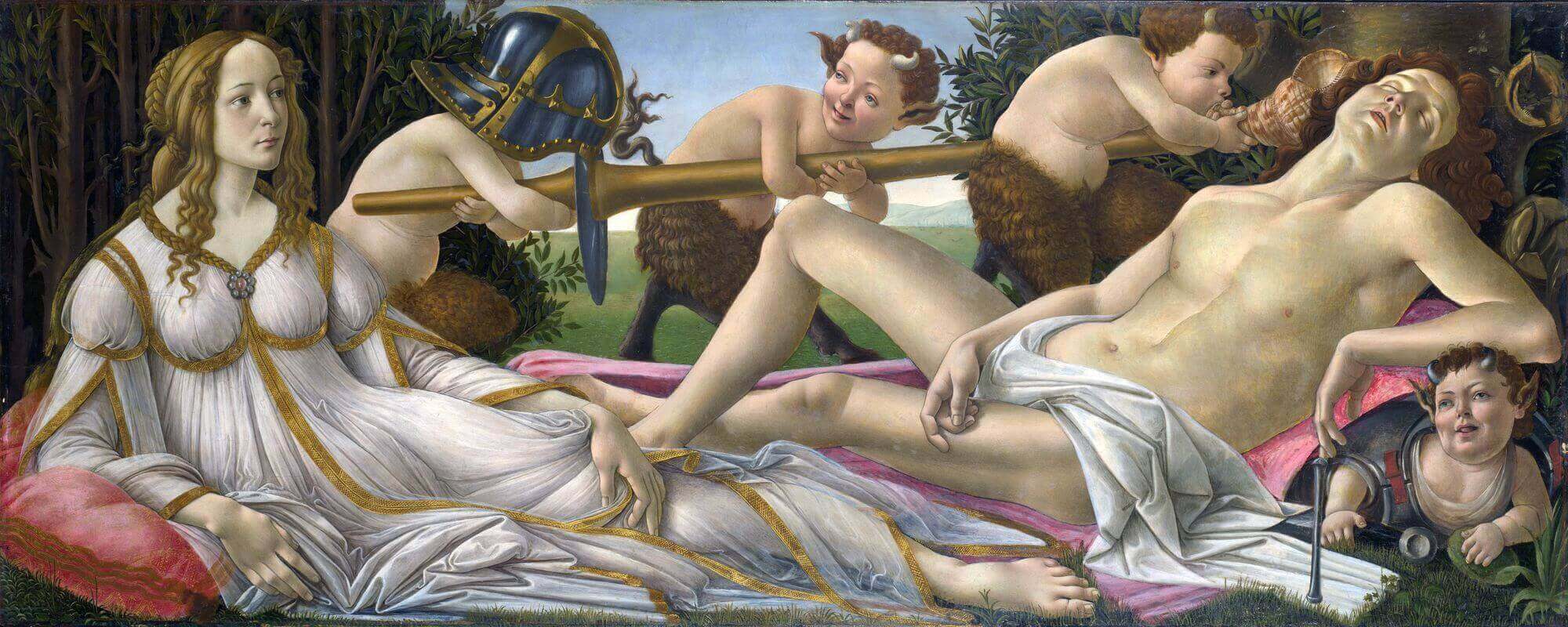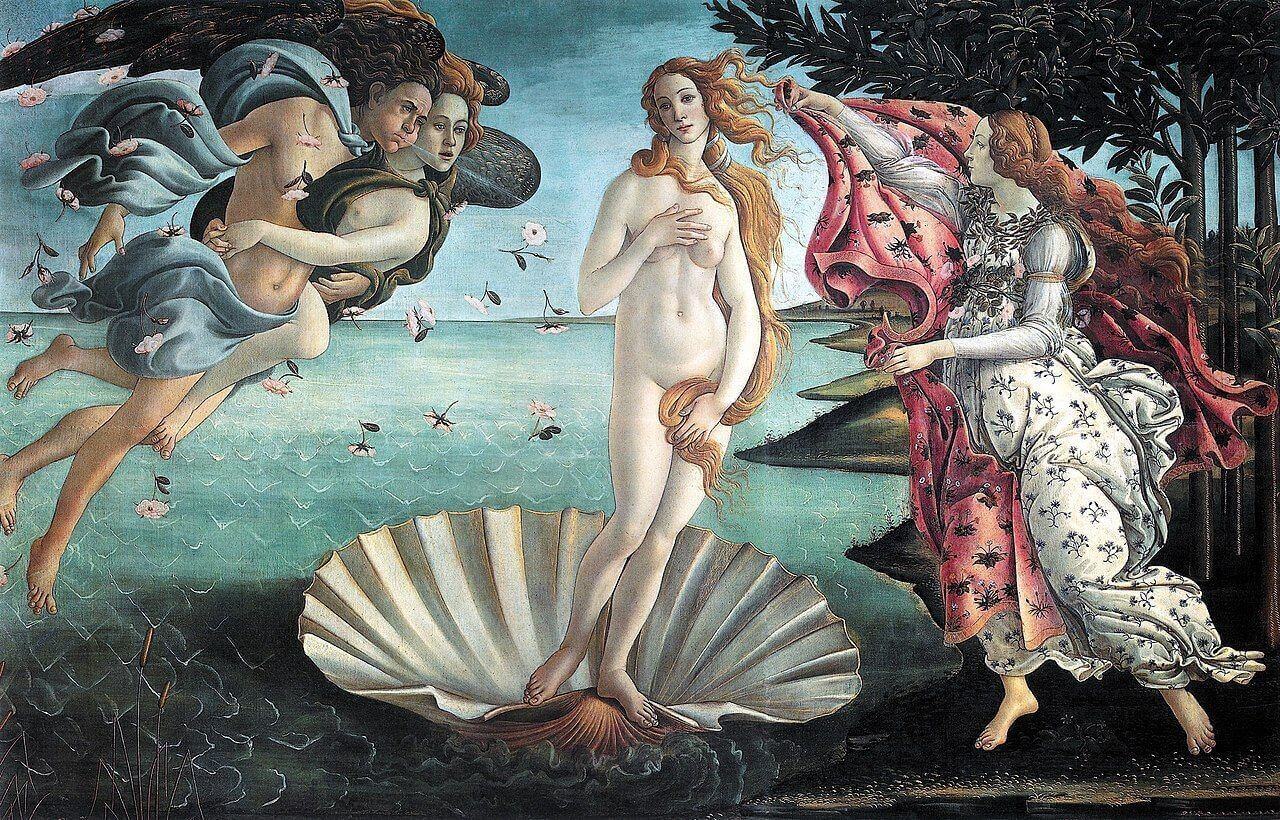Life
Xenophanes (c. 570 BCE — c. 478 BCE) came from the Ionian city of Colophon. He was a poet, a philosopher and an itinerant wanderer, who roamed around Ancient Greece from city to city, and sung his verses like a philosophical busker.
We don’t know a lot for certain about Xenophanes’s long life. He is said to have been teacher to the philosopher Parmenides. He may have been sold into slavery, and later released. Somewhere along the way, he seems to have had two sons, both of whom he outlived (and whom, one text says, “he buried with his own hands”). And in one of the remaining fragments of his work, Xenophanes says he spent sixty-seven years wandering Greece, and before that twenty-five years living in Colophon, which — if it is correct — means that at the time of writing these words, he was around ninety-two.
The wandering critic
We know more about Xenophanes’s personality than we do about his biography. The fragments of Xenophanes’s philosophy that remain suggest he was a strong character. He was deeply concerned with questions of morality. He disliked extravagance and overindulgence, although he admired those who could drink alcohol without losing their virtue (something Socrates later exemplified). He was preoccupied with the politics of his homeland of Colophon, and critical of the people of Colophon for their love of luxury, complaining that they went to the marketplace wearing extravagant clothes and “gorgeous long-flowing hair.” And he was scornful of the religious thinking of his day.
Philosophy
Later philosophers didn’t treat Xenophanes kindly. Neither Plato nor Aristotle was particularly impressed by him. Nevertheless, what remains of his work suggests the keen and critical intelligence of a thinker with a wide range of interests. And Xenophanes is still famous for his arguments about the nature of the gods and his criticism of anthropomorphism in religion.
Troublesome gods
For Xenophanes, there was a paradox in how his contemporaries regarded the gods. On the surface of it, the Greek gods seem pretty reprehensible characters.
Homer and Hesiod have attributed to the gods all sorts of things which are matters of reproach and censure among men: theft, adultery, and mutual deceit.— Fragment 11
But at the same time, Xenophanes noted that his contemporaries revered the gods. They held them up as exemplars and as protectors of virtue. Take, for example, this evocation of Zeus from Hesiod’s Theogony.
As one who can distinguish with straight justice what should be;And he in the assembly hall,who speaks unerringly,Even has expertise to quell great quarrels in good season.— Hesiod, Theogony 85
The contradiction is obvious. On the one hand, we make the gods in our image to the extent that they exhibit the worst forms of human behaviour. But on the other hand, we praise the gods for their unwavering and exemplary behaviour. What can be done with this contradiction?
We could dismiss both the gods and the praise of the gods. Or we could maintain the gods, but resign ourselves to living in a world where the gods are reprehensible. We could shrug, roll our eyes, and say, “What can you do? They’re gods, after all…” But Xenophanes prefers a third option. It is, he says, “good always to hold the gods in high regard” (Fragment 1). And so to maintain both an idea of the gods (or god), and the idea that the gods are virtuous, we have to rethink what it means to be a god.
On gods and horses
Xenophanes sets his sights on our tendency to anthropomorphise the gods. In a famous argument, Xenophanes points out that:
But if horses or oxen or lions had handsor could draw with their hands and accomplish such works as men,horses would draw the figures of the gods as similar to horses, and the oxen as similar to oxen,and they would make the bodiesof the sort which each of them had.— Fragment 15
Not in our image?
Not only does Xenophanes criticise our tendency to identify the gods with our worst traits, but — with keen insight — he also criticises the way that we make gods in our image. And this brings him to a claim about the gods that, in the context of his time, was remarkably novel:
One god is greatest among gods and men,not at all like mortals in body or in thought.— Fragment 23
Many readers have taken this as a claim for monotheism, and some later Christian readers have certainly read the passage like this. But the text itself is uncertain. Does Xenophanes mean that there is a god who has three attributes: being single (“one”), being great, and being unlike us? Or is he making the more modest claim that there is one particular god (among all the others) who has two attributes: they are the greatest, and they are unlike us?
Knowledge and true belief
In another tantalising fragment, Xenophanes appears to draw a distinction that becomes important to the later philosophical tradition: the distinction between true belief and knowledge. This is what he says:
… and of course the clear and certain truth no man has seennor will there be anyone who knows about the gods and what I say about all things.For even if, in the best case, one happened to speak just of what has been brought to pass,still he himself would not know. But opinion is allotted to all.— Fragment 34
What Xenophanes seems to be saying is this: we all have opinions, and opinions come pretty cheap. If you give me a few seconds, I can probably come up with an opinion on anything at all. It might even happen that some of my opinions hit the mark. But even if they do hit the mark, this fortunate conjunction of my opinion with the reality of things does not add up to knowledge.
This caused some later philosophers, like the sceptic philosopher Sextus Empiricus (c. 160 – 210 CE), to claim that Xenophanes was arguing for the impossibility of true knowledge. Sextus may be overstating the case; but the distinction between opinion and “clear and certain truth” is a theme that recurs with the philosopher Parmenides, who takes up the challenge of distinguishing between the path of knowledge, and the path of mere opinion.
Further Reading
Books
One excellent, readable translation (the one I use here) is Xenophanes of Colophon: Fragments. A Text and Translation with a Commentary, edited by J.H. Lesher (University of Toronto Press 1992).
There are quite a few translations of Hesiod. I’ve used Catherine M. Schlegel and Henry Weinfield’s version (University of Michigan Press 2006)
Online Resources
There’s a brief and entertaining video on Xenophanes from Foxwede History here.
Image: The Feast of the Gods, begun c. 1514 by Giovanni Bellini, and completed by Titian in 1529; oil on canvas; National Gallery of Art, Washington. Via Wikimedia Commons.



